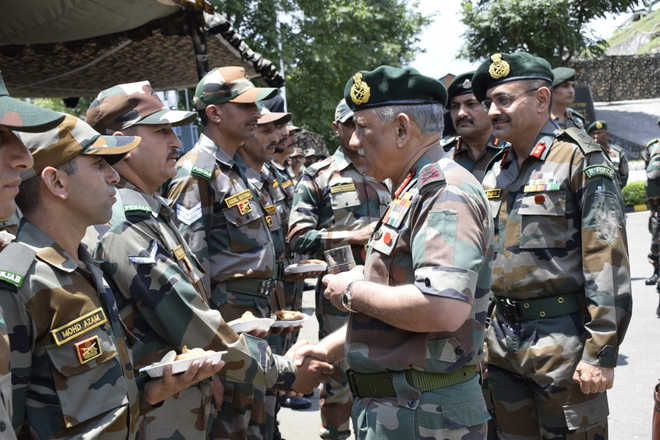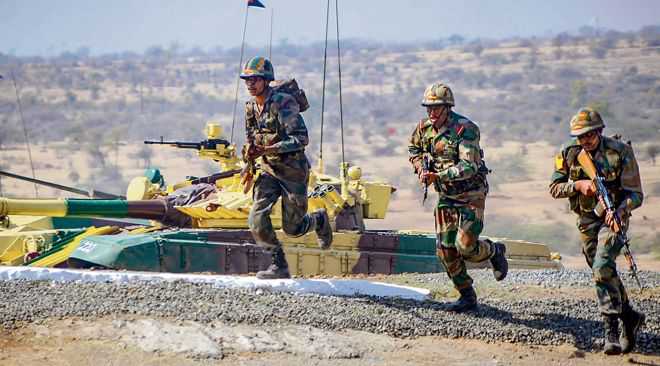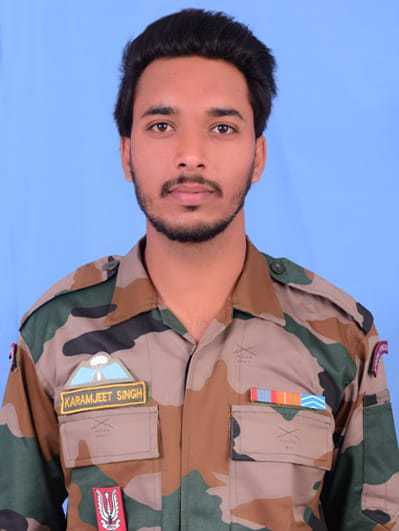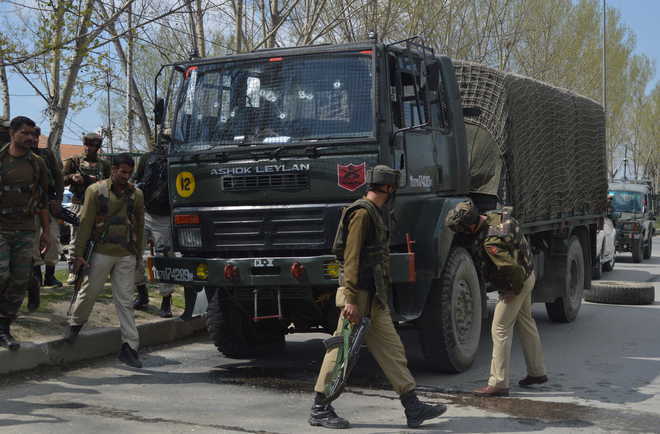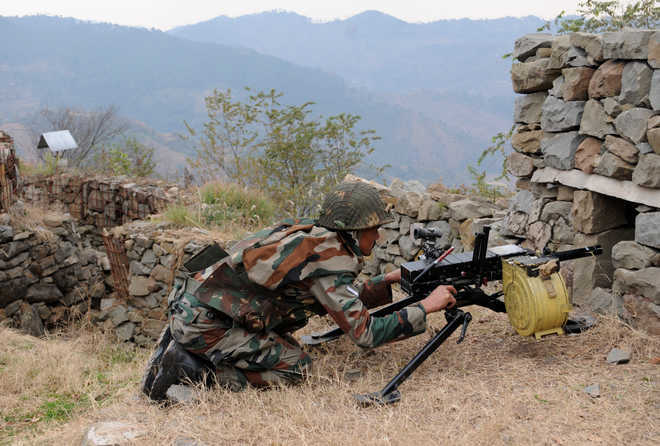The onus is on the Army to continue with the practice of swift and stern action against dereliction of duty or negligence which is a risk to security and lives. Any dilution or compromise on such action will only give a handle to the government to intervene in military matters.
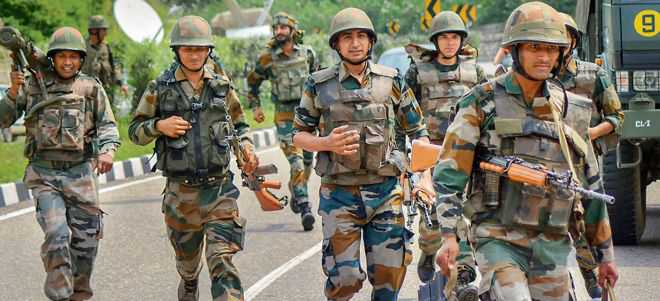

Maj Gen Amrit Pal Singh (Retd)
Military commentator
MILITARY command and its intangibles/variables are starkly different from heading a government department or an office. The recent reports of the government having communicated its recommendation to the Army regarding action to be taken against the senior leadership in command of the Uri brigade, Sunjuwan miltary base and the Nagrota Cantonment are glaring in their inability to recognise this basic difference. The government’s recommendation suggests that the commanders put in their resignation papers and retire prematurely. Thirty-six soldiers were martyred in the three attacks — Uri and Nagrota (2016) and the Sunjuwan base (2017).
The Army conducts internal inquiries and after-action reports are made to analyse all incidents such as IED attacks on convoys and counter-terror operations in the hinterland. In all cases, lapses are identified, lessons drawn out and standard operating procedures suitably modified at all levels from the battalion to divisional and higher to improve defensive and offensive aspects of operations. These lessons are imparted to battalions inducting into the disturbed areas in the battle schools where troops and commanders are trained. The lapses also reveal individual or collective failures; strict action, either disciplinary or administrative, is initiated against those responsible. Lapses could be of omission or commission and both are considered for award of corrective and exemplary punishment. The armed forces are arguably the swiftest and surest in the initiation of inquiries and the meting out of punishment which have sometimes resulted in cashiering and discharge from service.
Command of troops and combat decisions are unique. The forces take ‘command responsibility’ very seriously as command of troops is a sacrosanct duty, the dereliction of which invites strict and swift action. The fact that a wrong command or directive can lead to the loss of life and limb is ingrained in the training and grooming of young officers and JCOs right from their commissioning. It is also well known that the services have a steep pyramidical structure and officers rise to higher ranks by selection and merit which always factor in the command potential and failings of the officers at each level of promotion. Command reports of officers and JCOs are of two types — command in peace stations and ‘field’ areas. Command in field areas, where there is direct contact with the enemy or terrorist actions, is given more weightage and there is focus on moral and physical courage along with tactical and operational acumen. Unlike the other central services where officers get promoted as a batch, here, the failings and recorded field reports are given primacy so that no act of command failure or lack of courage — both moral and physical — goes unnoticed.
Earlier this year, the Cabinet secretariat and the Central Vigilance Commission had reportedly initiated identification in various departments of corrupt, non-performing officers and those with questionable integrity for compulsory retirement. In the case of the bureaucrats who were fired in mid-June, there have been grievous and repeated cases against them; the sacking has evoked a seemingly positive response from bureaucrats in general. There seems to be a tilt of the bureaucrats towards culling unproductive and corrupt members of their flock rather than accept lateral entries who, they argue, could also fall prey to corruption and inefficiency. The armed forces, on the other hand, have a continuous weeding-out process in their selection of higher commanders. Corruption and lack of leadership qualities top the list of the ‘reject criteria’. The selection process is different and so are the service conditions. In such a situation, the same yardsticks must not apply to military commanders.
The Pakistani establishment, and the Pakistani army in particular, is focused on using border action teams of special troops, sometimes with a mix of terrorists, to attack posts and bases along the Line of Control (LoC). Many such attacks are thwarted with heavy loss to the enemy but these don’t make the news. In areas where enemy and terrorist actions are imminent, there are multiple layers of command that come into play in a single action. The firefight starts at the machine gun-post or sentry-post level and quickly escalates to the company commander and base commander levels. Various detachments swing into action and there is urgency to seal the breach even in the face of lack of information which sometimes leads to casualties. In attacks that happen at nighttime and during the wee hours, troops are resting in the barracks while sentries man the perimeter posts. Detachments are also returning from night patrols and ambushes at the same time. There are elaborate procedures to identify friend or foe, but the chances of terrorists sneaking in dressed in similar uniform are very high, especially if a distraction has been created just before the incursion. All posts and bases have well-set drills which the commanders review and change frequently to avoid the enemy from using deceit and new tactics.
The corrective actions taken by the internal systems of the armed forces have been applied. In some cases, commanders have been removed from command, which in itself is the biggest humiliation a commander can face. The implementation of the government’s recommendation will tantamount to double jeopardy as corrective disciplinary and administrative actions have already been taken. The reports suggest that earlier too the government had attempted action against commanders. However, the military has resisted these attempts in the interests of operational effectiveness. Let’s hope that the system takes cognisance of the peculiar and operational differences of military command in counter-terror and conventional operations from that of a case of corruption, inefficiency or departmental failure. Equally, the onus is also on the Army to continue with the practice of swift and stern action against dereliction of duty or negligence which is a risk to security and lives. Any dilution or compromise on such action will only give a handle to the government to intervene in military matters.








